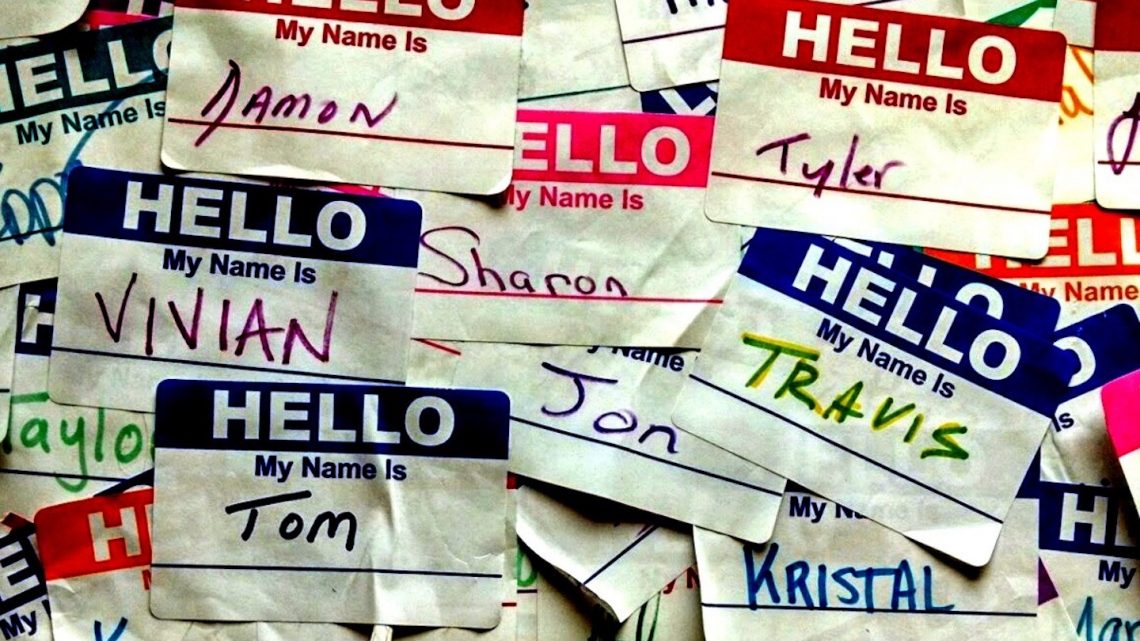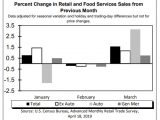
How to Pronounce Names You’ve Never Seen Before
April 18, 2019This article originally appeared on VICE UK.
The humiliation of people fucking up your name usually starts in elementary school and sticks with you forever. And it comes in many shapes and sizes, too: the gentle pause and deeply confused stare as your homeroom teacher reads down the register, a clear warning that they’re about to panic and say something extremely nonsensical; a nickname that suddenly sticks; the dreaded Starbucks cup; a colleague asking where you're really from.
Anyone with a name that is considered "weird" just because it doesn't conform to the norms of the culture they live in—especially if that culture only uses variations of the same eight names—will tell you that having a unique name requires you to deal with an unnecessary amount of bullshit on an almost daily basis. And, yes, some slips are genuine mistakes and can be waved away as petty irritations. But they exist in a wider ecosystem full of microaggressions that range from the trivial to the life-defining. In 2017, a study by the BBC found that a job applicant with an English-sounding name received three times the number of offers than an applicant with a Muslim name, even though their CVs were identical.
I can somewhat understand why people might struggle with my first name, "Olajumoke," at first sight, but there is no reason why my surname, Akinfenwa—which is literally a say-what-you-see situation—should cause so many problems. As I know that I'm not the only person who has had to endure this, I reached out to some people whose names others seem to fumble over. And I put together a simple guide that should prevent you from getting reported to HR for consistently fucking up your colleague's name.
Just ask
Let's start with the obvious. "I actually don't mind people asking me how to say my name and taking the time to say it," says Raenuka, a 22-year-old student from London. "It's so nice when someone actually makes the effort to try and pronounce it, and it saves from future embarrassment."
Design manager Ozge, 23, says she's fairly lucky that most of her friends have names that are uncommon by British standards, so she doesn't have to deal with too many people willfully getting her name wrong. "The only time my name has caused me frustration was at graduation where it was absolutely butchered," she tells me. "I think there could have been more care and attention given to learning my name phonetically or asking me how I'd want it to be said. I've heard of this happening at other graduations and I think it's a necessary and thoughtful procedure, as graduation is an important day."
If in doubt, sound it out
As Raenuka suggests, you're less likely to look like an idiot anyway if you just keep it simple and sound it out, rather than trying to guesstimate some nonsense in your own head. It might sound basic and make you look like you're a kid learning to read for the first time—but that's fine as long as you're not insulting someone's name and culture.
Watch: The Homeless Film Director
Back yourself
You really shouldn't panic over a name you've never seen before. Just take confidence in all the other complex names you've successfully tackled and committed to memory in your life. "People know how to pronounce Trotsky, Beyoncé, and Swarovski, so why is my name all of a sudden so difficult for them to say?" says 26-year-old Piarvé. "I've been called 'Pavlova', 'Pervy,' 'Parvay,' 'Pervay,' 'Peevee,' and 'Piarv.'"
Piarvé believes it's a matter of priorities. "I think people will learn complex names [when] they are important to them in some sense," she says. "If you aren't necessarily important to them, people will make less of an effort to memorize it."
So if you're struggling to remember how to pronounce someone's name, maybe question why that is—especially if a celebrity's name rolls so easily off your tongue. And after you've done that, stay calm and back yourself.
Don't make jokes
While a name you've never heard before might sound all shits and giggles to you, for many of us, it's no laughing matter. "People had been calling me 'Oz-gay' [in elementary school]," Ozge explains, "so when I went on to high school, I was determined to get people to pronounce my name correctly, but a boy that I was partnered up with just gave up and blurted out 'Elizabeth!' From then on, I just decided that 'Ozzy' was easiest to go by to save several more years of 'Oz-gay' jokes."
Margherita is a 21-year-old Italian student who is fed up of people making fun of her name. "A cashier once made fun of me after I told him my name and said, 'Thank God your parents didn't like chicken tikka otherwise you would have been called 'Chicken Tikka'" she says. "It really says something about them that they'll quickly make a joke about my name because it sounds a bit different, but they wouldn't really do that with an English name." Ozge and Margherita's experiences are not the norm, but the rule. "I once had a teacher call me 'Brigina' by pronouncing it like 'Vagina' but with a Br," Brijiena explained. "The whole classroom erupted into laughter; I was humiliated."
Don't assume that we hate our names
For many, facing ridicule for names that didn't fit the established norms encouraged us to become more protective, as both Raenuka and Piarvé point out. "Over the last few years, I've really grown to appreciate not only my name but my roots as well," Raenuka says. "I love having a unique name—it's a great conversation starter," Piarvé adds. "I find the reactions interesting to observe. Having such a unique name makes me want to make a mark on this world. I love it so much that my daughter also has an uncommon first name. She's overprotective over her name, but finds it hilarious when people spell or pronounce it wrong."
While the way people respond to an unfamiliar name is consistently frustrating, and often telling of cultural ignorance, it has made a lot of us that much stronger and makes for some pretty distinct memories.
Sign up for our newsletter to get the best of VICE delivered to your inbox daily.
Follow Jumi Akinfenwa on Twitter.


